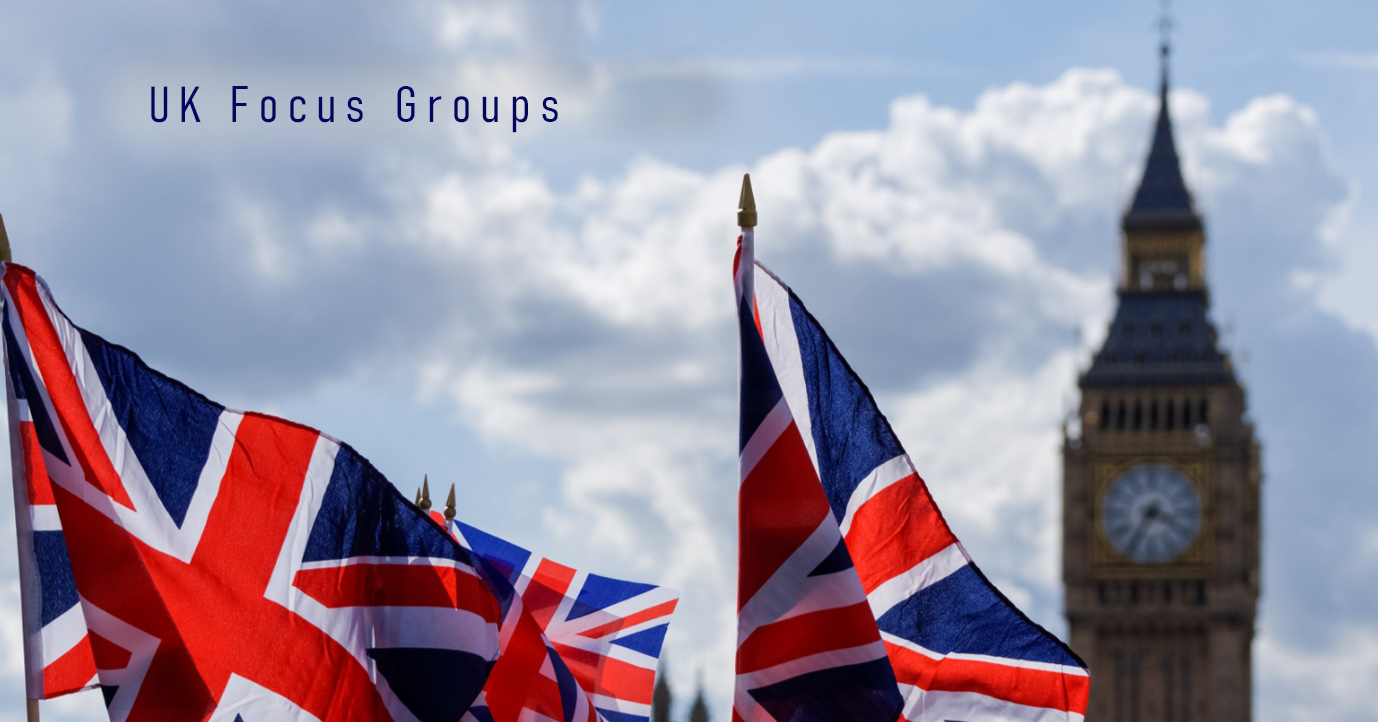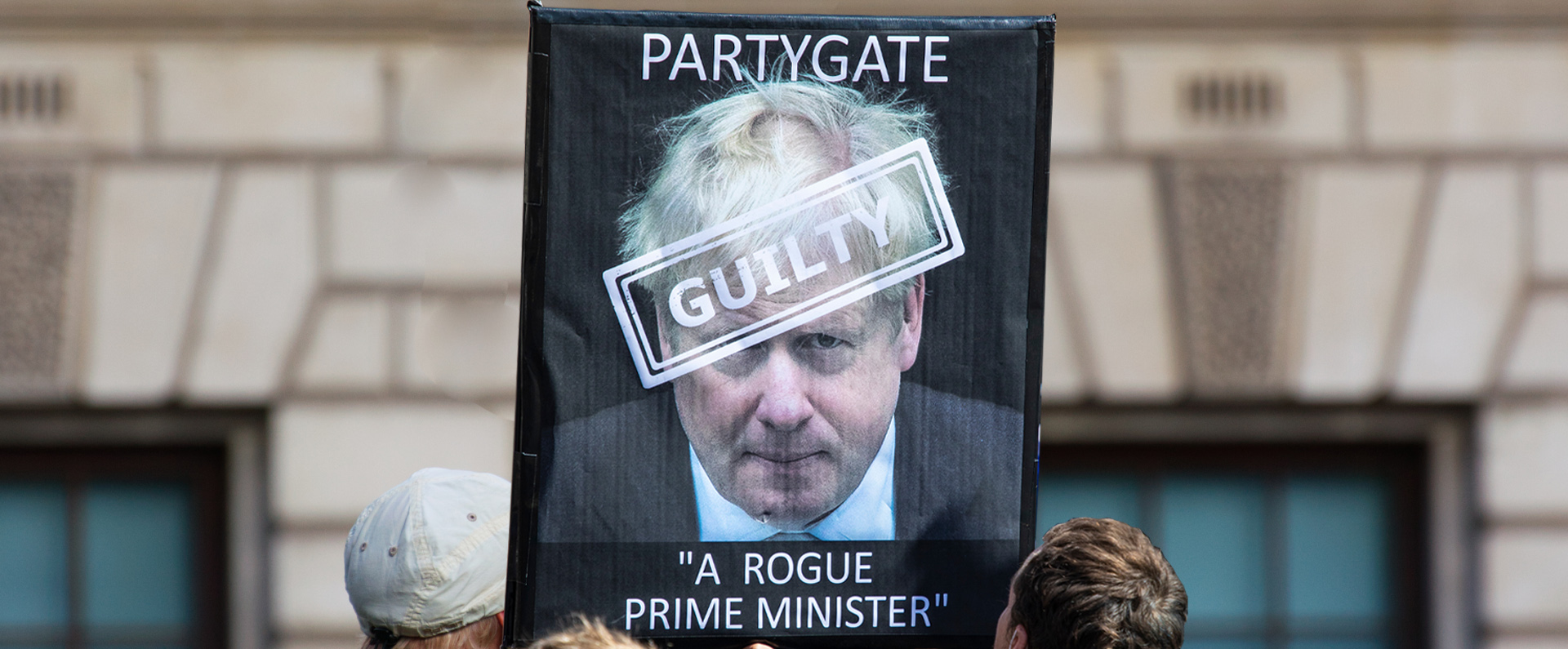So, a nail-biter in Corby. Would the Liberal Democrats keep their deposit or not? The party scraped 5% in my second poll of the by-election campaign a month ago; on the day itself they failed to reach that threshold by a handful of votes.
At that stage, Labour were 22 points ahead of the Conservatives in voting intention. This finding closely matched Andy Sawford’s 21-point margin of victory, and the Tory-Labour swing. However, the vote share of both main parties was eroded over the final few weeks of the campaign.
UKIP were clearly the main beneficiaries. Their 14% of the vote was undoubtedly a creditable performance, and Nigel Farage’s campaign evidently did a good job of hoovering up the disgruntled as polling day approached. This will rightly prompt a good deal of reflection in both government and opposition camps, and 27% is clearly not a good result for the Tories in a seat they won only two years ago.
But it is worth putting the result into perspective. The vast majority of voters in the constituency expected Labour to win, including the majority of Tories. This made the by-election an ideal chance for many to register their frustration, either by staying at home or voting against both main parties, in what was after all an election caused by the caprice of politicians. My poll found most Tory defectors were ready to at least consider returning to the Conservatives at the next general election.
More broadly, it is also worth remembering that only a third of Corby voters overall, and only two thirds of those who intended to vote Labour in the by-election, said in my poll that they would prefer Ed Miliband to David Cameron as Prime Minister. And though they were pessimistic about the prospects for the economy, they would rather would rather have Cameron and Osborne making the decisions than Miliband and Balls.
As I have said before, the real UKIP threat will come from perceptions of a lack of Tory direction and grip. And as I have also said recently, I believe the party is starting to address these problems, and an economic recovery can only help over time.
That is not to be complacent. UKIP have shown that they are well-placed to capitalise on disaffection, whatever its cause. For this to be a powerful factor at the next election, enough previously Tory voters have to believe it does not matter whether the Conservatives are in government or not. We have two years to persuade them.


